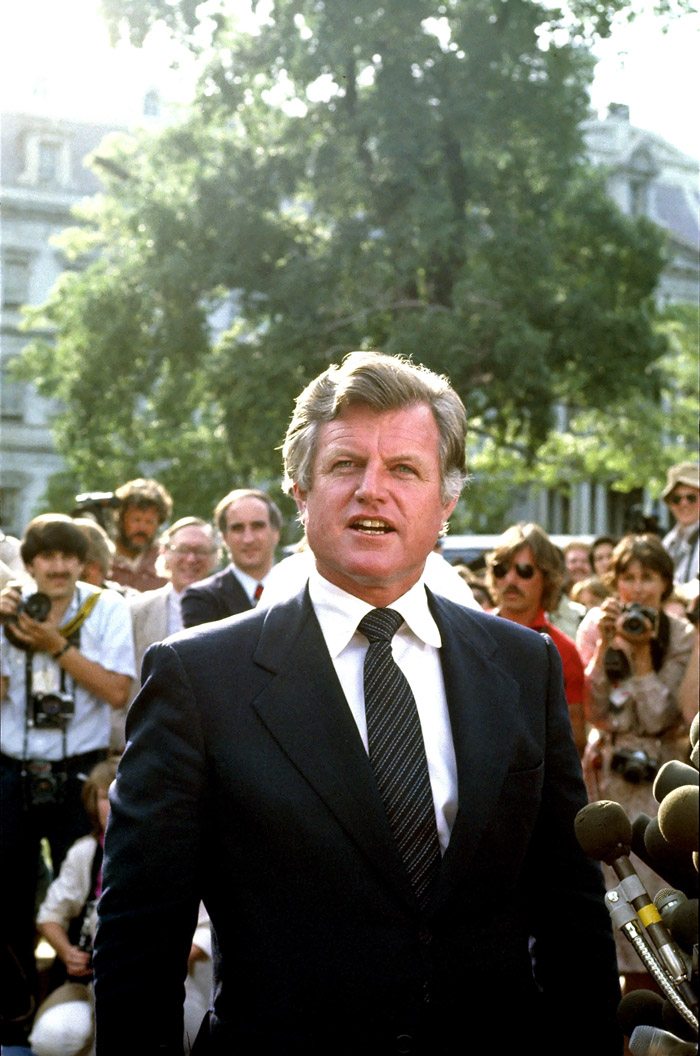Ted Kennedy’s greatest legacy was as a legislator in the U.S. Senate. Over 300 bills bearing his name became law, most dealing with the day-to-day social and economic needs of children, families, or the elderly. What made him such an effective legislator?
According to David Rohde, a professor of political science at Duke and an expert on the legislative process, Kennedy embodied “a combination of very liberal impulses with a very practical sense of legislating.”
Kennedy understood the need to settle for half a loaf if it would make a material difference in people’s lives. “The reality of the Senate is that because of the amount of power that’s vested in the minority, often he couldn’t get precisely what he wanted,” said Rohde. “So he was willing to settle for what he regarded as an improvement and hope to get more down the road.”
Rohde pointed to the No Child Left Behind law. “Kennedy was willing to work with the Bush administration early on, and to create a law that was not ideal from his point of view, but would be better than the status quo.”
Kennedy was able to take this approach, said Rohde, in large part because he was playing a longer game than most of his colleagues. “After he had been in the Senate for 20 years or so, and it became clear that he wasn’t going to be president, I think he realized that he would be there for the rest of his life. So it gave him a much longer term perspective than a lot of other people.” That often impelled him to compromise, since he knew — or hoped — he’d have time to come back later and get the rest.
Rohde said that that kind of deal-making is vanishingly rare in the modern Senate, which has become increasingly partisan in recent years. “There are fewer people who are likely to be willing to play that kind of role,” he said, noting that the major Republicans who fit that profile — Orrin Hatch and Richard Lugar, for instance — represent an older generation.









